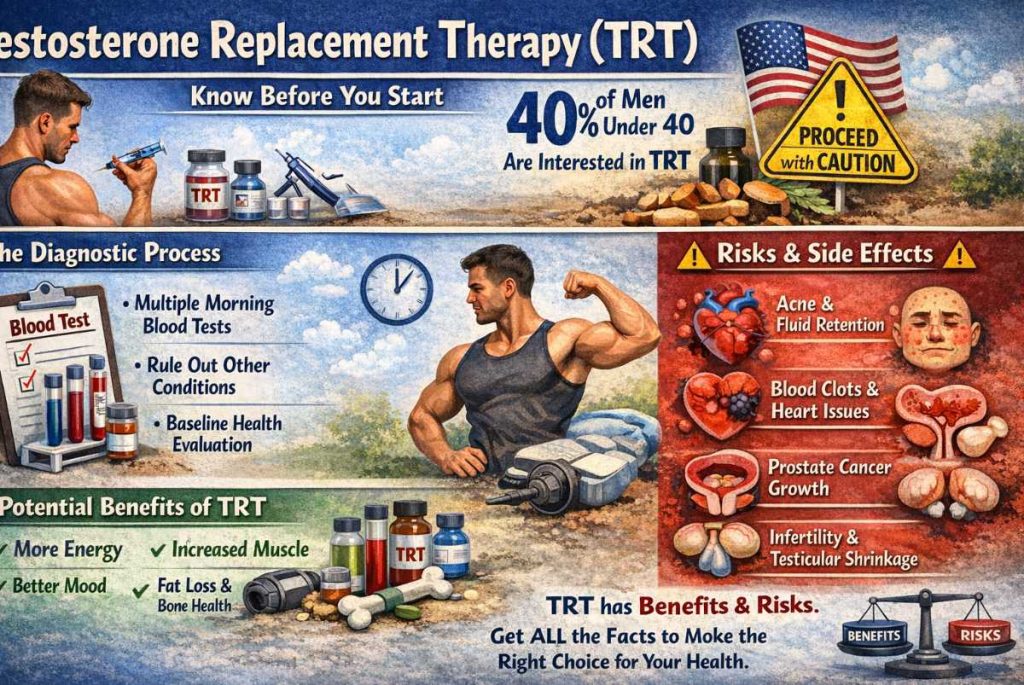Gaining admission to medical school is highly competitive. You likely already understand the importance of academic achievement, but admissions committees look beyond numbers. They also seek individuals who not only excel academically but also possess the qualities necessary to thrive in the medical profession.
If you’re preparing to apply, it’s crucial to understand what truly matters during the admissions process.
Academic Performance
A strong GPA demonstrates consistency and intellectual discipline. Competitive scores in the Medical College Admission Test (MCAT) further indicate your readiness to handle the demanding coursework that lies ahead.
That said, admissions committees often value an upward trajectory over a perfect record. If you encountered challenges early on but showed steady improvement, that can work in your favor. Growth and resilience are traits that medical schools regard highly.
Strong Personal Statement
Your personal statement offers a unique opportunity to present your story. As such, it should convey the motivation behind your pursuit of medicine, the experiences that shaped you, and the growth you’ve undergone along the way.
This is your chance to move beyond grades and MCAT scores. Use it to connect your values and goals with the responsibilities of practicing medicine. If you’re unsure how to structure your narrative or express it clearly, it may help to get admissions consulting support to ensure your message is both compelling and authentic.
These professionals can also guide you through other key parts of the process, including application strategy and medical school interview preparation.
Remember, a well-crafted statement not only strengthens your application but also sets the tone for the rest of your materials.
Communication Skills
Strong communication is central to patient care. Admissions committees assess these skills in several ways—your personal statement, interactions with faculty, and especially on interview day.
Your ability to listen carefully, articulate ideas clearly, and engage respectfully in dialogue will all leave a lasting impression. These interactions provide a window into how you might engage with patients and colleagues in the future.
Clinical Exposure
Interest in medicine must go beyond theory. Committees want to see that you’ve explored the profession firsthand. That said, volunteering at hospitals, shadowing physicians, or working in healthcare settings all provide valuable exposure.
This experience signals that you understand the realities of the medical field and are still motivated to pursue it. It also shows you’re comfortable in clinical environments, a key consideration for future medical students.
Recommendation Letters
Admissions committees rely on letters of recommendation to gain insight into your character, work ethic, and interpersonal skills. With this in mind, generic endorsements won’t stand out. What matters are detailed accounts from individuals who have worked closely with you and can speak to your potential in a meaningful way.
So, select recommenders who can highlight your unique strengths and provide thoughtful, specific examples of your performance and professionalism.
History of Service
Medicine is fundamentally a service profession. Demonstrating a long-term commitment to community service, especially in roles that support vulnerable or underserved populations, shows alignment with the values of the profession.
However, note that admissions committees look beyond isolated acts of volunteerism. They prefer to see sustained involvement that reflects empathy, humility, and a genuine interest in helping others—traits that will serve you well as a physician.
Research Experience
While not mandatory, research experience can significantly enhance your candidacy. Whether in basic science, clinical studies, or public health, participating in research fosters curiosity, critical thinking, and attention to detail.
Sustained engagement in a research project, particularly one that leads to a presentation or publication, can also demonstrate perseverance and a scholarly mindset. These qualities resonate strongly with those evaluating your medical school application.
Cultural Competence and Emotional Intelligence

Healthcare professionals serve diverse communities. So, showing cultural awareness and the ability to connect with individuals from different backgrounds is essential. Whether through community outreach, travel, or personal experiences, evidence of cultural sensitivity matters.
Medical schools also evaluate emotional intelligence, including empathy and self-awareness, as part of a holistic review. These qualities suggest you’ll be well-equipped to build trust and deliver compassionate care.
Resilience and Adaptability
The path to becoming a physician is rigorous, and admissions committees want to ensure that you can navigate setbacks and persist through challenges. Reflecting on how you’ve managed adversity can convey maturity and self-reflection.
Adaptability is another key trait. Medicine is constantly evolving, and the ability to embrace change with a growth mindset is increasingly important.
Passion and Purpose
Admissions officers want to see that you’re genuinely invested in this journey. They’re also looking for applicants who understand the deeper meaning of practicing medicine—those who view it not just as a career but as a calling.
Your long-term engagement in healthcare-related extracurricular activities, mentorships, and service opportunities all point to a clear and sustained commitment. And when your application reflects purpose, empathy, and a desire to make a lasting impact, it resonates far more than a list of accomplishments ever could.
Final Thoughts
Ultimately, the medical school admissions process is about more than academic metrics. Committees are selecting future physicians—individuals who combine intellectual ability with empathy, integrity, and dedication.
By presenting a thoughtful, well-rounded application and showing who you are beyond the numbers, you can make a compelling case. And if you can express that you’re not only prepared for the rigor of medical school but also deeply committed to the mission of medicine, you’re already on the right path.





